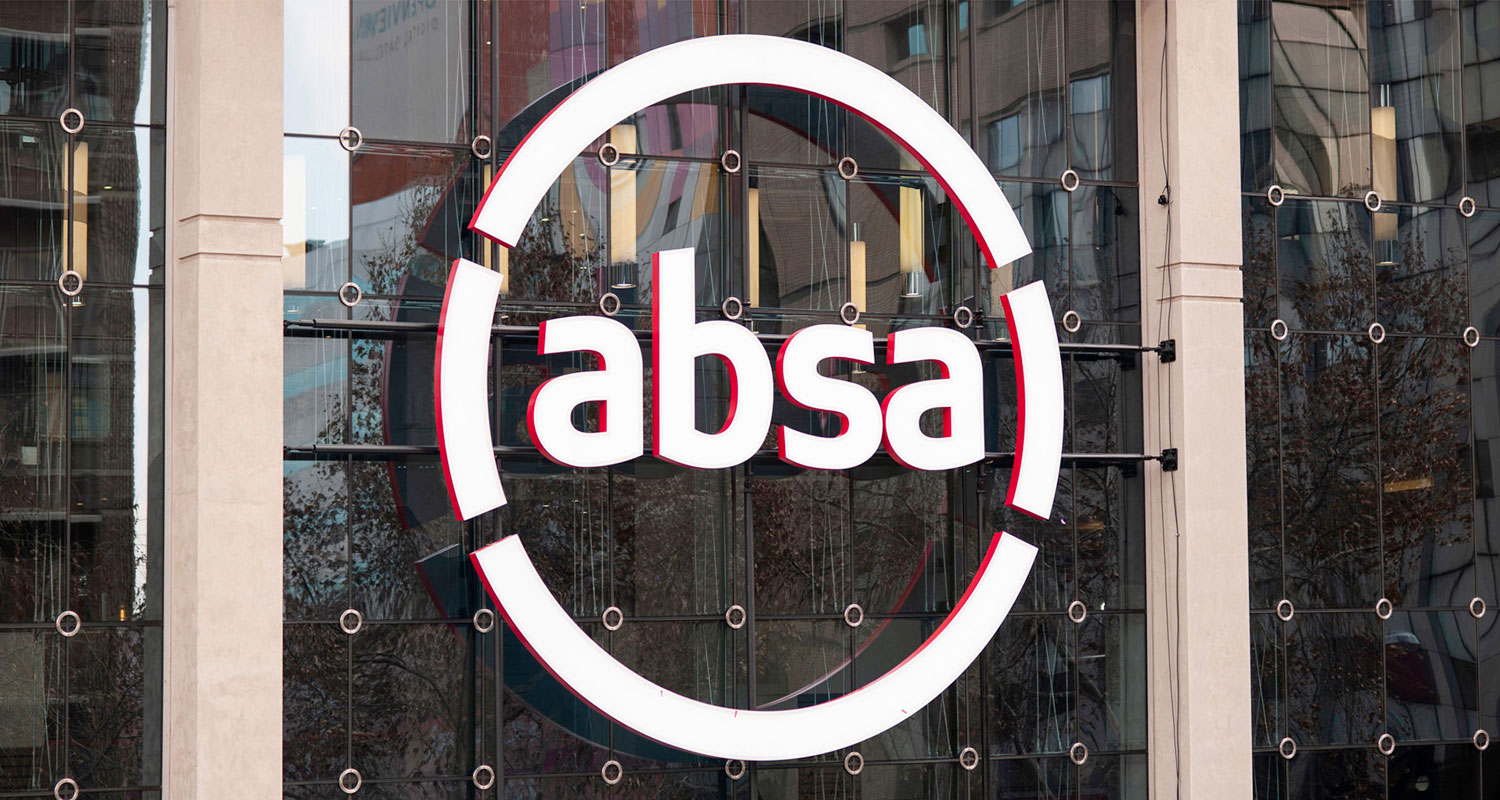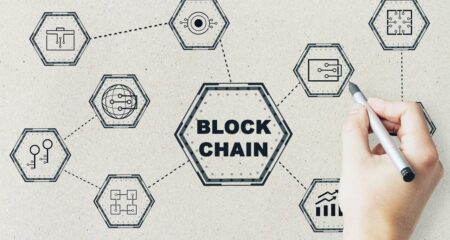 Absa Group said the combined impact of the worst power cuts in living memory and soaring interest rates, with another rise expected next month, has left small and medium firms as well as consumers at risk of default.
Absa Group said the combined impact of the worst power cuts in living memory and soaring interest rates, with another rise expected next month, has left small and medium firms as well as consumers at risk of default.
Absa is the fourth bank to raise concern power cuts have added to financial pressures after other South African lenders, Standard Bank, FirstRand and Nedbank Group, this month sounded the alarm.
Since late last year, state-owned utility Eskom has implemented daily load shedding, sometimes lasting 10 hours a day.
“Economic growth is certainly stunted by this,” Jason Quinn, Absa’s group financial director, said in an interview, adding that this affects consumers already hit by interest rates.
According to Absa’s estimates, power cuts have shaved almost a percentage point from the country’s GDP.
Consumers were already struggling to adjust to rapid interest rate rises that have led banks to increase their prime lending rate. It is expected to reach 11% next month.
“It’s not the actual rate that worries us, it’s just that consumers need to adapt their monthly repayments quite quickly,” he said.
Quinn said the biggest impact of blackouts was on small and medium enterprises as, unlike big corporations, they do not have the financial and operational wherewithal to set up renewable power to maintain production. If they fail, their employees lose their jobs and are unable to meet repayments on loans.
Results
For the year ending 31 December, Absa reported a 13% rise in headline earnings per share.
For the coming year, it guided for a marginal increase in its 2023 return on equity (RoE) to around 17%, and for high single-digit revenue growth against 15% growth reported for last year.
The lender posted RoE — a metric of profitability used to compare banks — of 16.6%, up from 15.8% a year ago, and declared a dividend of R13/share.
Read: MTN takes R695-million hit from load shedding
Bank shares fell globally on Monday following Silicon Valley Bank’s collapse. — (c) 2023 Reuters




